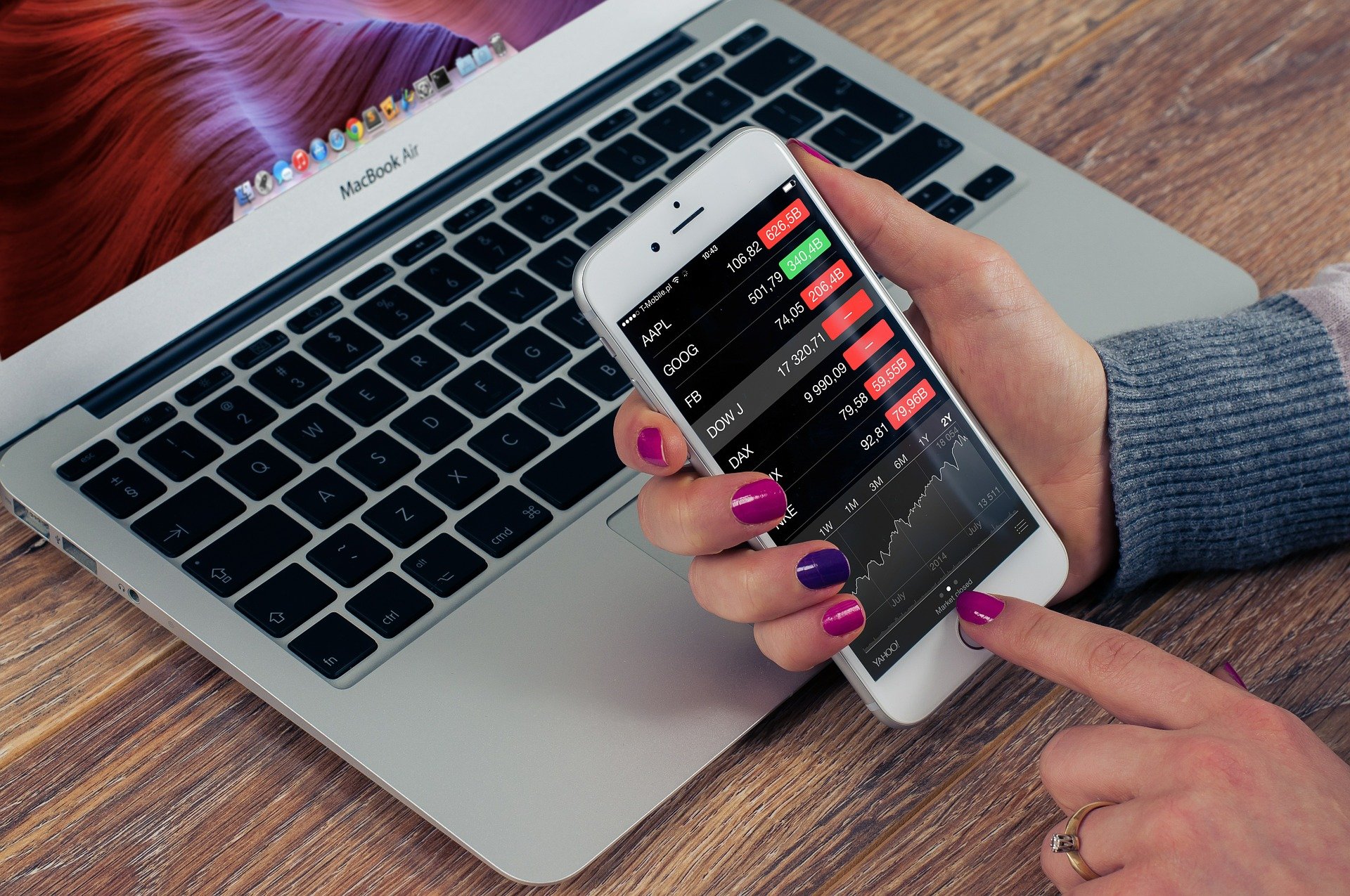
9 reasons to use CFDs instead of stock trading
Many traders often feel indecisive with such a huge variety of investment options to choose from. As we are sure you have heard many times before, we believe that knowing each product well is the first step to making better investment choices for your unique portfolio.
This article will highlight the advantages CFDs offer instead of typical stock trades.
You can still make money on CFDs in a high or low market.
It’s because CFDs mirror an asset’s price movement without actually owning it. When you buy stocks, you have to have enough capital in your account to pay the total amount for the shares you’re acquiring, and this may leave your account exposed if your investments plummet in value.
The margin required for stocks might be as much as 50%, so if the share price falls by half, you’ll lose all your capital – even if the share goes back up again afterwards.
You don’t need a broker license to set up a CFD trading account.
CFD traders don’t need to be licensed brokers, so you can start immediately after registering with an online CFD provider. Many banks and investment firms let their customers trade CFDs without a license, which means that investors of all skill levels can participate in the global markets using this type of trading instrument.
You can invest in more assets when they’re traded as CFDs.
When something is priced in dollars, it is difficult for people who hold other currencies to make money from these investments since they have to exchange their currency first.
You don’t need to keep track of market hours.
Stock markets are open seven days a week, whereas CFD trading is only available during the weekdays and on some weekends. If you’re working full time or can’t afford to be glued to your computer for hours at a time, CFDs provide the flexibility that stock traders typically lack.
There’s no commission.
While most online brokers charge commissions on top of spreads, CFD providers implement brokerage fees as part of the daily financing rate they assess on clients’ open positions. If you hold an overnight position (i.e., one opened and not closed before trading resumes the following day again), you’ll have to pay this rate (which can be as much as 0.8%).
Still, the fee-only comes into effect if you hold your position for more than one day, which will happen in any event if you’re successful at trading.
You don’t need to buy one whole share.
CFDs allow traders to purchase small fractions (e.g., 10 or 20 shares) of security instead of paying high brokerage fees to open an account that lets them trade 100s of shares at once. It means that CFD trading is beneficial for beginning investors who can’t afford large minimum deposits or who want to limit their capital exposure until they’ve gained enough experience with the markets.
The market moves based on what people are willing to pay, not on a fixed schedule.
Unlike traditional stock markets, where the daily trading session and closing bell dictate market movements, CFD prices are determined by supply and demand. It means that price moves can occur at any time of day or night as long as live CFD trading continues.
The ability to trade 24/5 makes it possible for investors to react quickly to global economic events such as interest rate changes, natural disasters, and political developments – all of which may affect financial markets.
You won’t get stuck with worthless shares – or be forced to sell under-performing ones.
When you buy stocks, you also own a small portion of the company whose share price you paid. But because of this ‘shareholder status’, you can’t just close your position by selling the stock if things don’t go as planned. Instead, you’ll have to wait for someone else to buy it or sell it back at a lower price until your account recovers its initial value.
You can control how long you want to keep your investments.
Investing in shares locks up the money you put down until either the company’s business practices improve or a buyer is willing to pay more than what you bought it for. CFD trading provides some flexibility since you’re not buying anything tangible. As such, if your investment isn’t working out, all you need to do is close your position and take home whatever profits (or losses) you’re entitled to.



